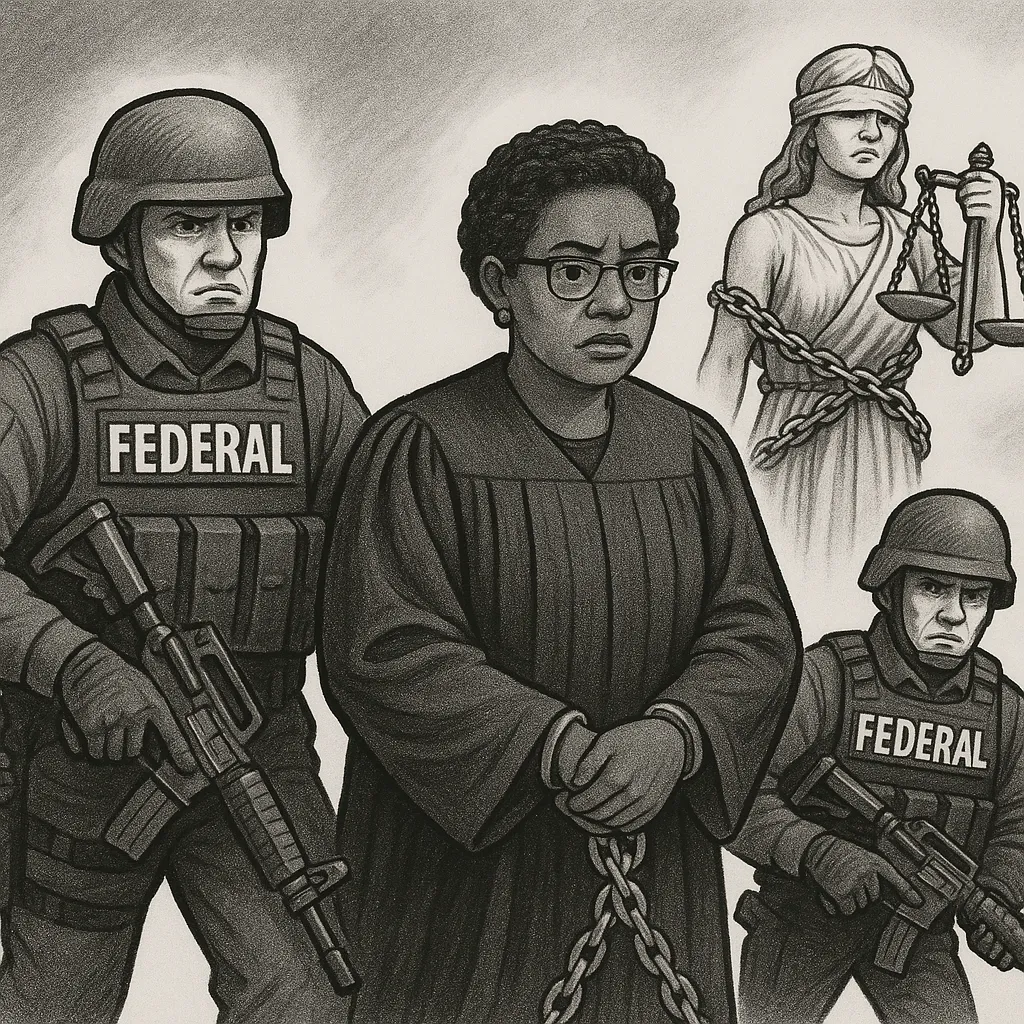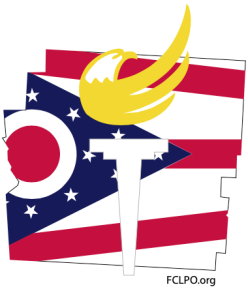Across America, most arrests occur at private residences, often involving individuals with stable homes, no violent history, and no serious risk of flight. Yet police increasingly launch these arrests with military-style SWAT teams, no-knock raids, and aggressive force, treating suspects as enemies of the state rather than citizens presumed innocent under the law.
FBI data reveal that only about 5% of arrests involve violent crimes. The vast majority of arrests target nonviolent offenses like drug possession, DUI, or petty theft. In Columbus, Cleveland, and Dayton, most arrests are for nonviolent offenses—about 88% in Columbus, over 50% low-level in Dayton, and a large share in Cleveland tied to property crimes—highlighting how policing focuses mainly on nonviolent acts. Most suspects live at known addresses, hold jobs, and pose no active threat to the public. Arrests for nonviolent charges could be handled calmly, through peaceful surrender or negotiated apprehension. Instead, law enforcement chooses violence.
The modern use of SWAT teams exposes the militarized mindset rotting American policing. Originally designed for hostage crises and active shooters, SWAT raids now serve routine search warrants and low-level drug busts. The ACLU found that 80% of SWAT deployments involved searches, not emergencies. Each year, police conduct roughly 50,000 SWAT raids—many smashing into homes where no violence or resistance awaited them.
No-knock raids, a grotesque extension of this aggression, strip civilians of the chance to even answer the door. These unannounced invasions often create the very violence police claim to prevent. Startled homeowners, mistaking police for intruders, have defended themselves with tragic results. Innocent people die, children suffer trauma, and families are ripped apart—often for nothing more than suspected personal drug use. In most fatal no-knock raids, police recovered minimal or no contraband.
Such tactics directly assault the principles of due process and the presumption of innocence. In the American tradition, every citizen deserves to be treated as innocent until proven guilty. Yet militarized raids treat suspects as battlefield combatants to be neutralized. Officers blast into homes with flashbang grenades, battering rams, and automatic weapons, as if civilians were enemy soldiers.
This aggressive approach not only violates constitutional protections; it invites unnecessary bloodshed. SWAT raids have killed dozens of civilians, including bystanders and family members not even suspected of wrongdoing. Police forces, emboldened by federal militarization grants and asset forfeiture incentives, too often escalate force without genuine necessity. Peaceful alternatives—summonses, voluntary surrenders, traditional arrests—are ignored in favor of dramatic shows of power.
Libertarians recognize the dangerous consequences of empowering the state with unchecked force. Policing must have a legitimate purpose: protecting the rights of individuals, not terrorizing the public. The deployment of military tactics against peaceful citizens betrays every principle of limited government and individual liberty.
Ending this abuse requires immediate action. No-knock raids must be strictly limited or abolished. SWAT deployments should be reserved for true emergencies, not routine warrant service. Judges must stop rubber-stamping no-knock warrants based on vague threats. Police departments must retrain officers to de-escalate, not provoke, and to respect the rights of the accused.
The Constitution demands more. Every raid that treats an innocent citizen as an enemy combatant erodes the fragile line between free society and tyranny. If liberty means anything, it must mean the right to live free from arbitrary violence at the hands of government agents. Americans must insist that law enforcement serves the people, not wages war against them.









